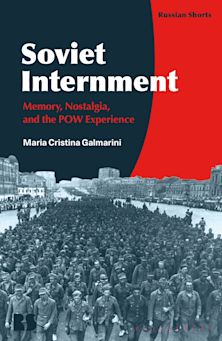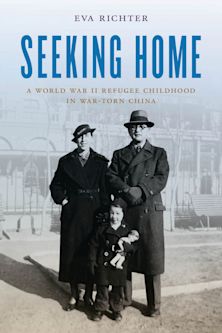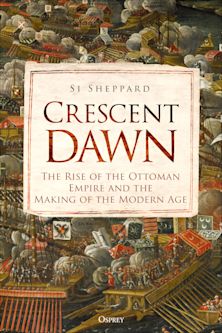- Home
- ACADEMIC
- History
- Second World War
- The Eastern Front in European Memory
The Eastern Front in European Memory
On Victims and Heroes, 1945-2024
The Eastern Front in European Memory
On Victims and Heroes, 1945-2024
You must sign in to add this item to your wishlist. Please sign in or create an account
Description
This is the first comprehensive study to examine the place of the Eastern Front or Soviet-German War in European memory from a truly comparative perspective across Europe; it encompasses the Soviet and post-Soviet space, Germany (both GDR and FRG, and the Berlin Republic after 1990), Western Europe and Finland.
Covering the whole post-war period to the present, with a particular emphasis on recent events, this book offers a cultural perspective on the different ways in which the politics of memory dictated by states interact with and are sometimes counteracted by grass-roots memory initiatives. The Eastern Front in European Memory focuses on a diversity of sources and agents of memory, from monuments and public ceremonies to literary narratives, films and other aspects of popular culture that contribute to shaping the historical culture of the societies concerned.
Table of Contents
Introduction: The Eastern Front between Myth and Brutality
1. Germany: On Victims, Perpetrators and Fellow Travellers
2. The USSR and Russia: The Long Shadow of the Great Patriotic War
3. Post-Soviet Eastern Europe: Occupiers, the Occupied and Patriots
4. Finland: Two Wars, One Memory
5. 'Crusaders for Europe'… and those 'nice Mediterraneans'
Conclusion
Bibliography
Index
Product details

| Published | 18 Sep 2025 |
|---|---|
| Format | Ebook (PDF) |
| Edition | 1st |
| Extent | 280 |
| ISBN | 9781350436008 |
| Imprint | Bloomsbury Academic |
| Illustrations | 35 bw illus |
| Publisher | Bloomsbury Publishing |
About the contributors
Reviews
-
Second World War's Eastern Front featured a battlefield that was dominated by the Red Army and Wehrmacht but also included participants from Romania and Finland, as well as Spain and Italy. Each has developed myths about their respective experiences, suffering, and heroism and, for the first time, Xosé M. Núñez Seixas has put them into conversation with each other in a single volume that offers a modern synthesis and “panoramic investigation” of the state of the field of collective memory studies when it comes to the Eastern Front and its modern-day implications
Yan Mann, Associate Clinical Professor of History, Arizona State University, USA

ONLINE RESOURCES
Bloomsbury Collections
This book is available on Bloomsbury Collections where your library has access.


































